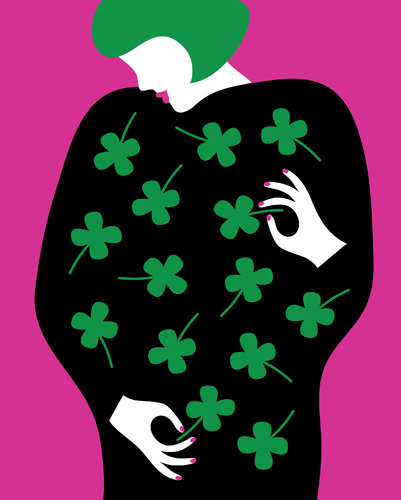- HOME
- INTRO TO THE FORUM
- USE AND MISUSE
- BADLY WRITTEN, BADLY SPOKEN
- GETTING
TO KNOW ENGLISH - PREPARING FOR ENGLISH PROFICIENCY TESTS
- GOING DEEPER INTO ENGLISH
- YOU ASKED ME THIS QUESTION
- ADVOCACIES
- EDUCATION AND TEACHING FORUM
- ADVICE AND DISSENT
- MY MEDIA ENGLISH WATCH
- STUDENTS' SOUNDING BOARD
- LANGUAGE HUMOR AT ITS FINEST
- THE LOUNGE
- NOTABLE WORKS BY OUR VERY OWN
- ESSAYS BY JOSE CARILLO
- Long Noun Forms Make Sentences Exasperatingly Difficult To Grasp
- Good Conversationalists Phrase Their Tag Questions With Finesse
- The Pronoun “None” Can Mean Either “Not One” Or “Not Any”
- A Rather Curious State Of Affairs In The Grammar Of “Do”-Questions
- Why I Consistently Use The Serial Comma
- Misuse Of “Lie” And “Lay” Punctures Many Writers’ Command Of English
- ABOUT JOSE CARILLO
- READINGS ABOUT LANGUAGE
- TIME OUT FROM ENGLISH GRAMMAR
- NEWS AND COMMENTARY
- BOOKSHOP
- ARCHIVES
Click here to recommend us!
TIME OUT FROM ENGLISH GRAMMAR
This section features wide-ranging, thought-provoking articles in English on any subject under the sun. Its objective is to present new, mind-changing ideas as well as to show to serious students of English how the various tools of the language can be felicitously harnessed to report a momentous or life-changing finding or event, to espouse or oppose an idea, or to express a deeply felt view about the world around us.
The outstanding English-language expositions to be featured here will mostly be presented through links to the websites that carry them. To put a particular work in better context, links to critiques, biographical sketches, and various other material about the author and his or her works will usually be also provided.
Rituals like knocking on wood help calm the mind, study shows
Why do people who don’t believe in superstitious rituals intended to reverse bad luck like knocking on wood, throwing salt, or spitting often do it anyway? It’s because although the ritual won’t really change the expected outcome, doing it leads people to simulate the feelings, thoughts, and sensations they experience when they avoid something bad. In short, the ritual works because it makes people believe that it wards off jinxes or bad luck.

OLIMPIA ZAGNOLI - THE NEW YORK TIMES
This is the finding of Jane L. Risen, University of Chicago associate professor of behavioral science, and her research teammates Yan Zhang and Christine Hosey in a recent research study to be published soon in the Journal of Experimental Psychology.
In “Sense and Superstition,” an article in the October 4, 20134 issue of The New York Times, Risen and co-author A. David Nussbaum, a fellow associate professor of behavioral science at the University of Chicago, reported that the research team induced college students to jinx themselves by asking half of them to say out loud that they would definitely not get into a car accident this winter. Compared with those who did not jinx themselves, these students, when asked about it later, thought it was more likely that they would get into an accident.
Risen and Naussbaum said: “After the ‘jinx,’ in the guise of clearing their minds, we invited some of these students to knock on the wooden table in front of them. Those who knocked on the table were no more likely to think that they would get into an accident than students who hadn’t jinxed themselves in the first place. They had reversed the effects of the jinx.”
The study’s conclusion: “Knocking on wood may not be magical, but superstition proved helpful in understanding why the ritual was effective. Across cultures, superstitions intended to reverse bad luck, like throwing salt or spitting, often share a common ingredient. In one way or another, they involve an avoidant action, one that exerts force away from oneself, as if pushing something away.”
Read Jane L. Risen and A. David Mussbaum’s “Sense and Superstition” in The New York Times now!






